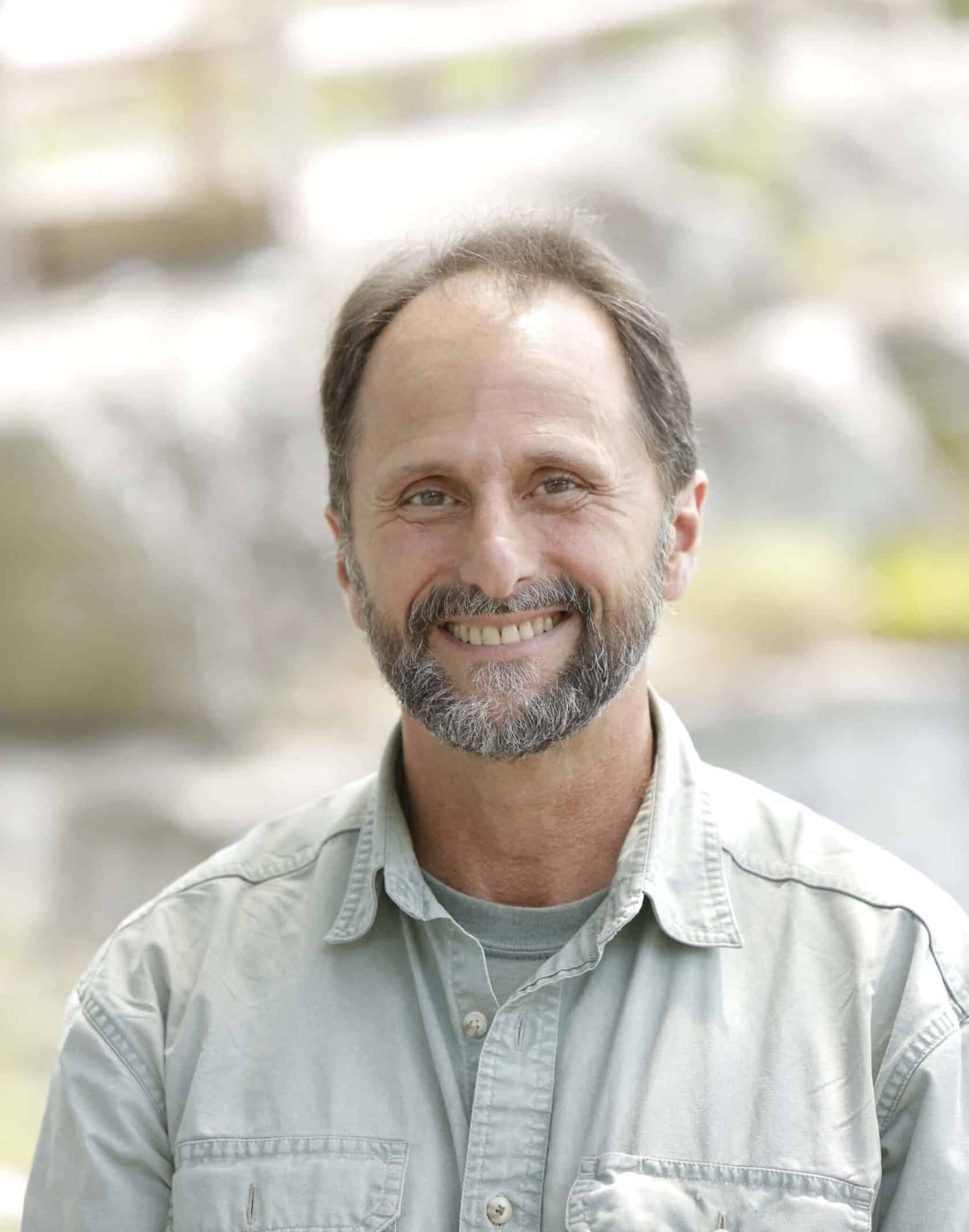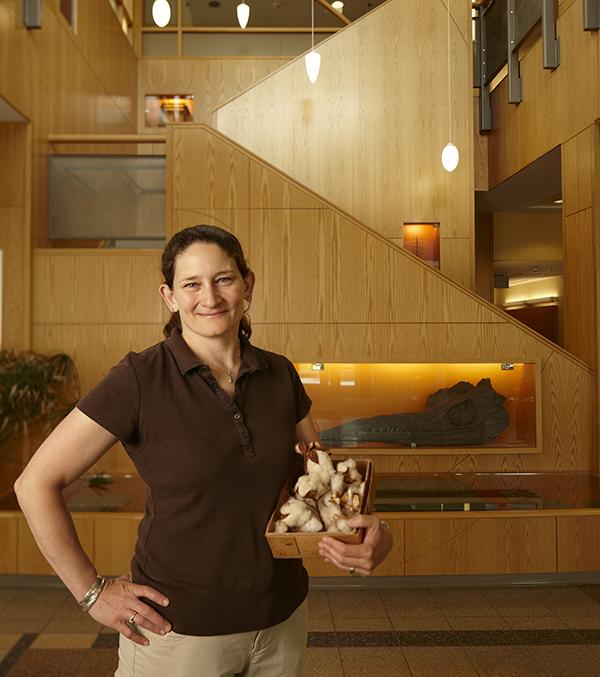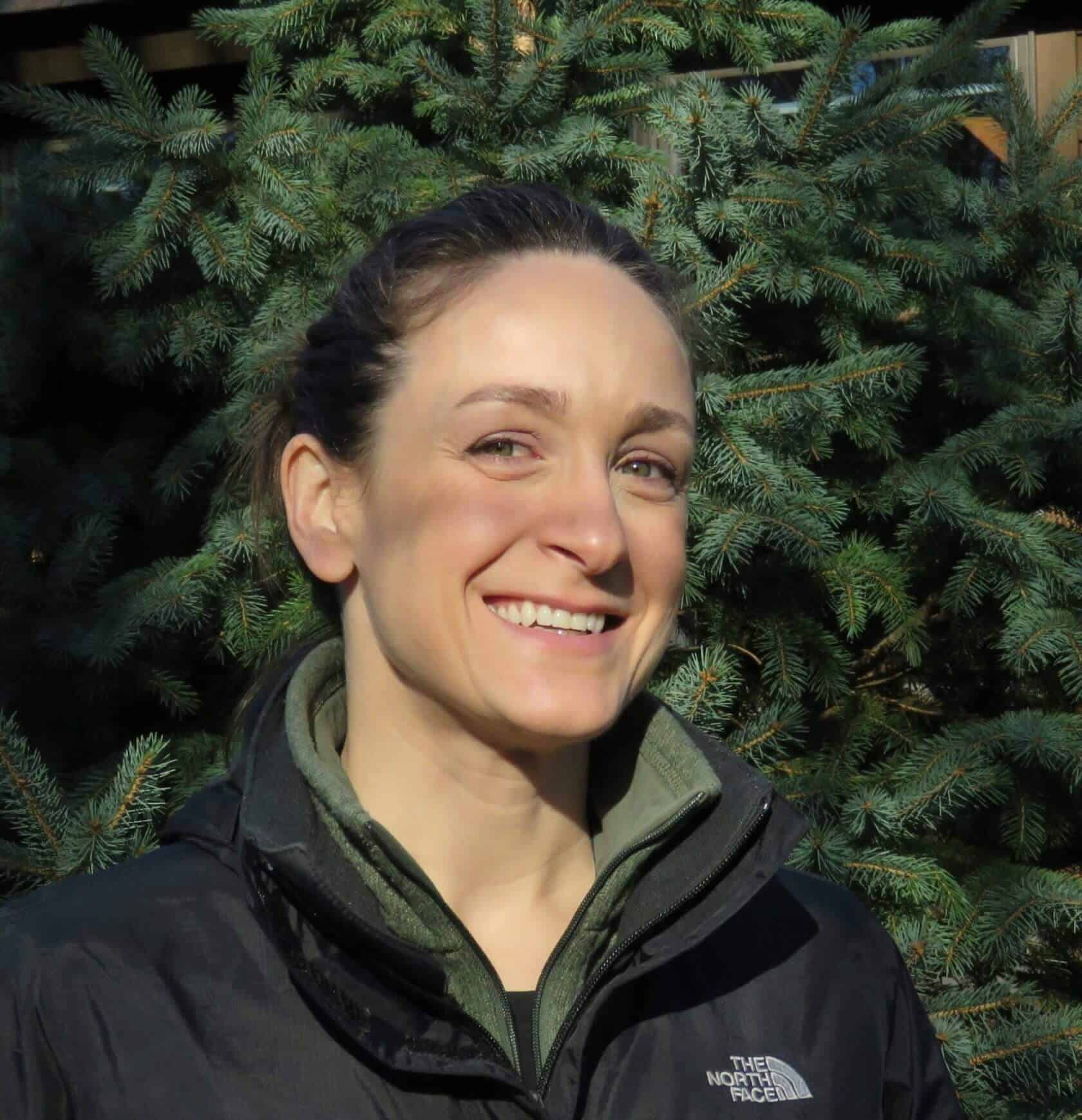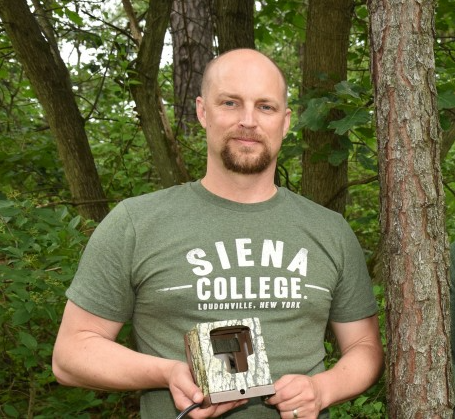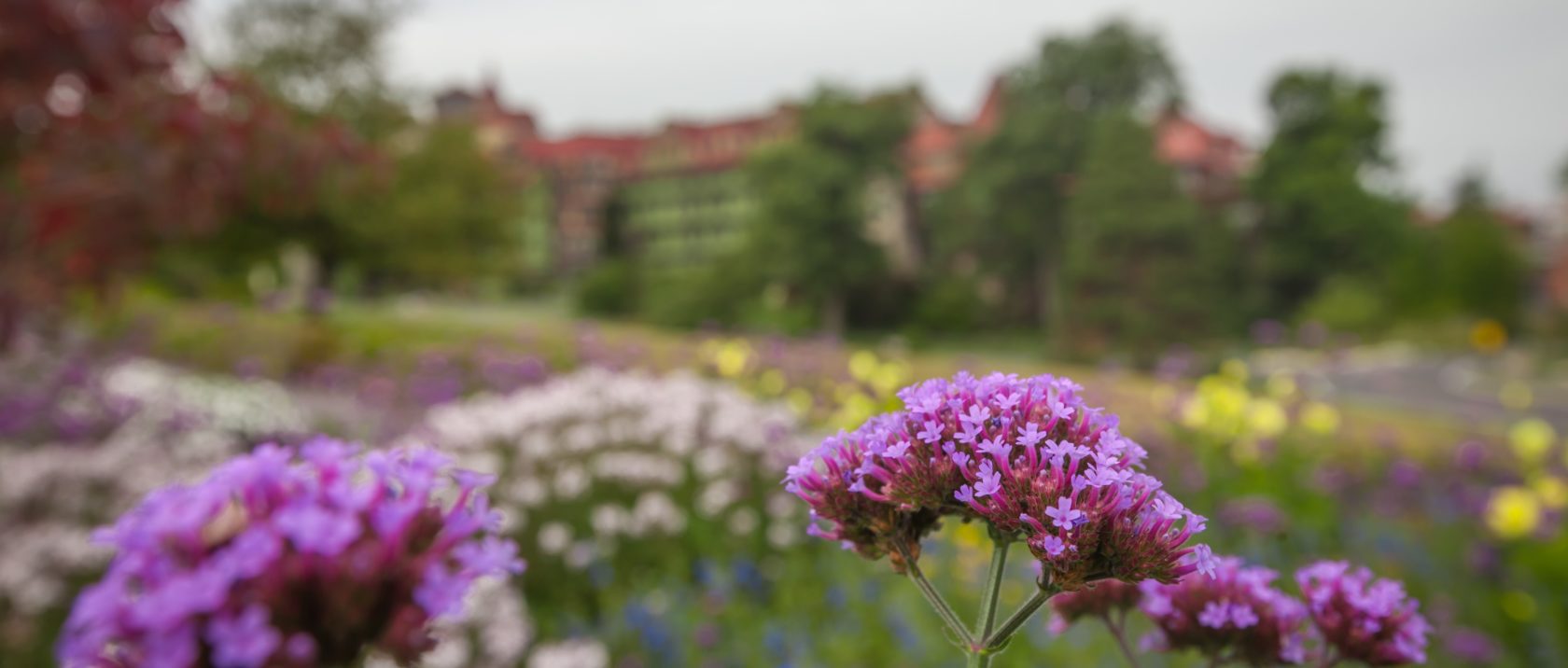Reconnecting with the Natural World
May 27 - 31, 2024
Immerse yourself and your family into the ways of our ancestors as we learn to slow down, act fast, quiet the body and mind, and reconnect with the elements of nature.
Join Mohonk’s Naturalist Michael Ridolfo as he teaches time-tested principles of tracking and wildlife observation, authentic survival skills, and more. To craft an awesome cadre of teachers, Michael will be joined by Dr. Jackie Schnurr, Professor at Wells College, Dr. Dan Bogan, Professor at Sienna College, and Lynn Bogan, Environmental Stewardship Coordinator with New York State Parks. This program has something to offer to everyone, from the urbanite to the seasoned naturalist. After this week you will see the natural world with a new set of eyes and a quiver of new tools.
Availability is limited. For reservations, please call .
SCHEDULE OF EVENTS
MONDAY, MAY 27
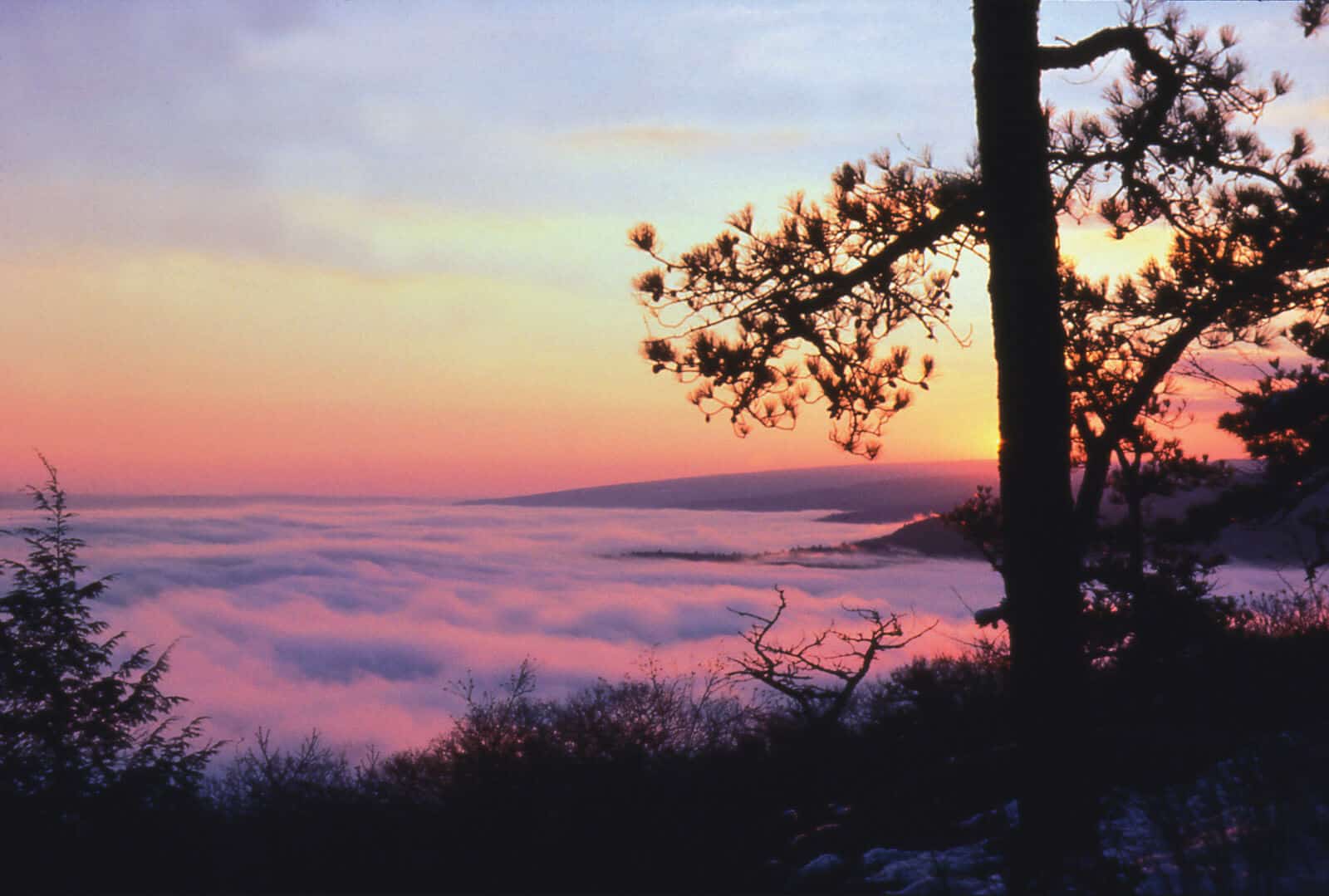
The Value of Reconnecting with the Natural World
9pm
During this brief program introduction, we’ll learn about the legacy our ancestors gifted to us in the forms of tracking and awareness, survival skills, and complex and effective social structures. We’ll have a nature display to evoke questions and conversation. This will be educational and fun for the entire family.
TUESDAY, MAY 28
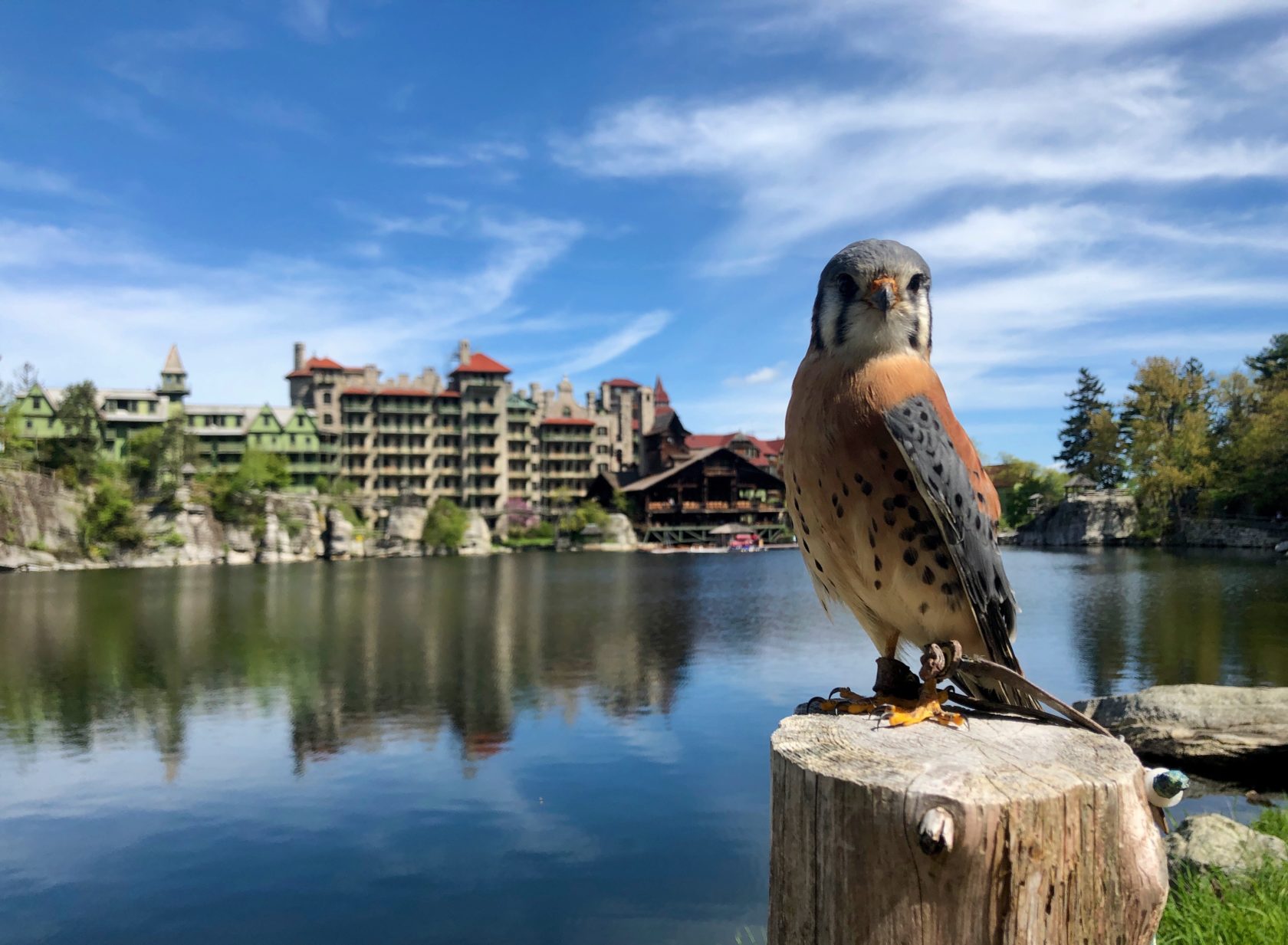
The Five Voices of the Birds
7:30am
Do birds really talk? Consider that birds have been on the planet for approximately eighty million years and that they possess enhanced vocal and auditory apparatus. Here we will learn not only who is vocalizing but reach into the question of why, and, just as important, what this can teach us about ourselves and our relations with the natural world. 1 mile, easy pace, all are welcome.
Phenology and the Rhythm of Nature
10:30am
Have you ever wondered how our place in the solar system influences what mammals do? Walk with Dan and discover how large forces shape the cycles of our natural environment. 1-2 miles. Moderate pace.
Pete Seeger: The Power of Song
2pm
This Emmy Award-winning documentary about the life, music, and enduring influence of Pete Seeger features interviews with Arlo Guthrie, Bruce Springsteen, Bob Dylan, and others. The screening will be followed by a live concert featuring David Lutken performing some of Seeger’s music.
Environmental Stewardship Walk and Talk
2:30pm
Join an outdoor conversation about environmental stewardship – what it is and why it’s important for both the natural world and our own wellbeing. 1-2 miles. Moderate pace.
Pete Seeger: If I Had a Hammer
5pm
Where Have All The Flowers Gone, Turn, Turn Turn, Little Boxes, Waist Deep in the Big Muddy … the list goes on. In the words of President Barack Obama: “Pete Seeger is America’s tuning fork. He believed in the power of song. Over the years, Pete used his voice and his hammer to strike blows for Workers’ Rights and Civil Rights, World Peace and Environmental Conservation, and he always invited us to sing along.” Join David Lutken and Andy Teirstein for some of the greatest singalongs from one of the greatest folksingers America has ever produced.
Forest Ecosystems: Past Overexploitation, Recovery, and the Search for Old Growth Forests
9pm
The forested ecosystems of the region experienced drastic changes throughout European colonization and manifest destiny. Come see historical photographs of the dramatic transformations and learn about past overexploitation and recovery of the region’s forests and wildlife that surround us today.
WEDNESDAY, MAY 29

Mammal Search
7:30am
Mammals live all around us, yet often go unseen. Join Dan Bogan for a hands-on search for these animals and learn about the natural history and ecology of mammals inhabiting the Shawangunk Ridge.
Amphibian and Reptile Walk
10:30am
What cold-blooded, charismatic species share the woods and waters around the Mountain House? Join us as we explore the fascinating world of amphibians and reptiles of the Shawangunk Ridge. We’ll discuss their interesting lives and search their habitats to get a close-up look at these elusive animals.
The Geology of the Shawangunk Ridge
2:30pm
The Shawangunks formed as a result of several tectonic collisions followed by periods of erosion that lasted for a billion years. Come take a walk-through time with Dr. Jackie Schnur as we observe some of the key evidence that reveals the geologic history of the region, including the source of the famous conglomerates, the fossil record, and the influence of mile-thick glaciers. 2-3 Miles. Moderate pace.
THURSDAY, MAY 30
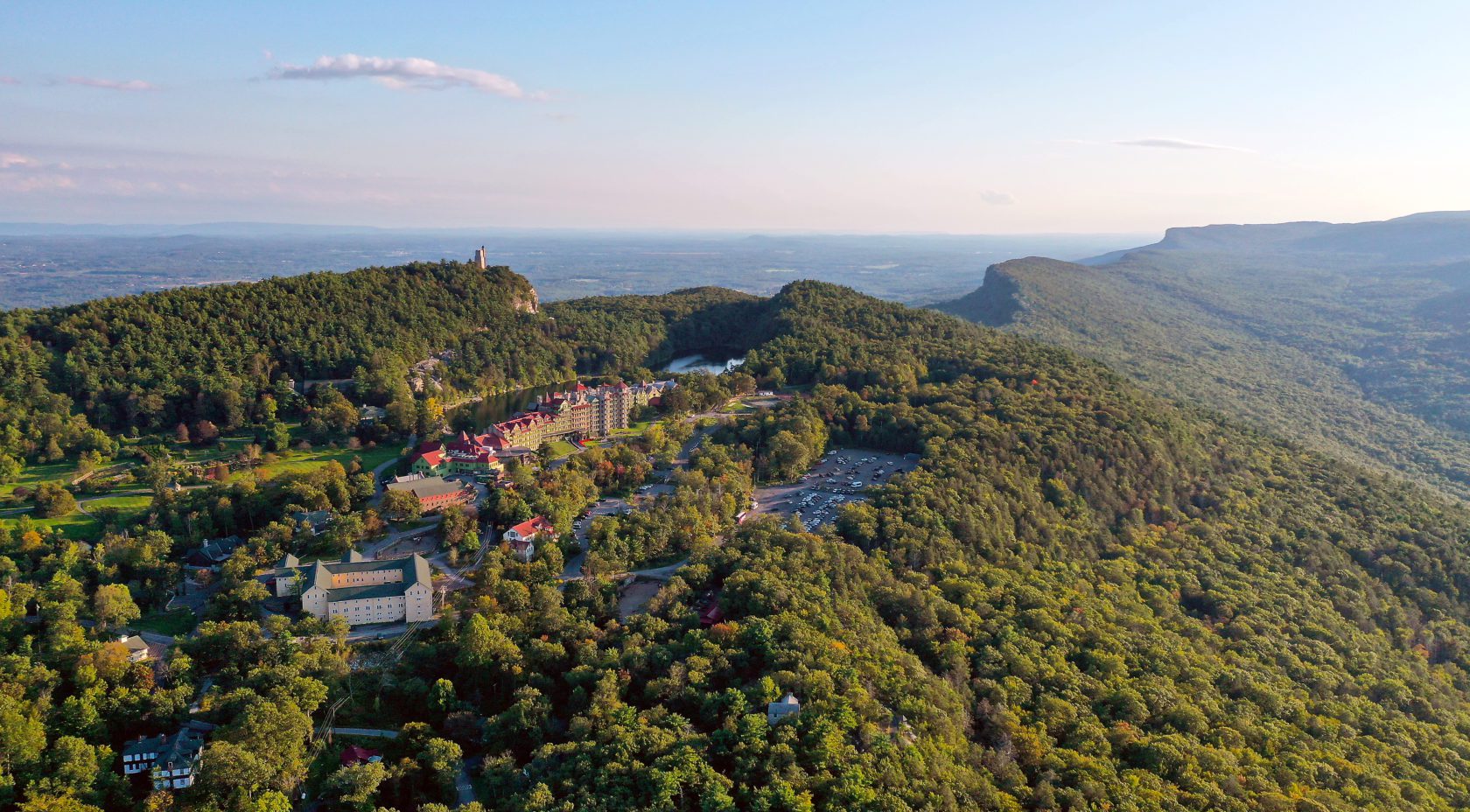
Discovering Species Around You
7:30am
Plant blindness has become a large problem in our society, with most people no longer able to tell the difference between oak and maple trees. Join Dr. Jackie Schnurr for a nature walk along Mohonk Lake, where we will discover the most common species that are flowering and learn to appreciate the identities of our plant neighbors. 1-2 Miles. Moderate pace.
Natural History Workshop
10:30am
The Shawangunk Ridge, where the Mohonk Mountain House is located, is one of the most biodiverse places in the northeastern United States. Join Dr. Jackie Schnurr in this hands-on workshop to learn to identify the common species of plants, animals, fungi and lichens that surround us and to use our new found skills to explore a section of Eagle Cliff Trail. 1-2 Miles. Moderate pace.
The Gift of Water— Hike to Mossy Brook Spring
2:30pm
All life on Earth depends on water. Fortunately there are still many places to find fresh, healthy surface water; all we need to know is how to read the landscape. On this beautiful path we will also learn about waterborne pathogens and how to purify water when necessary. Strenuous 2 miles, all are welcome.
Night Hike to Copes Lookout
9pm
Moving deftly and silently and tapping into our night vision. Be on the lookout for creatures and events of the night—owls, insects, coyotes, stars, and satellites. We’ll tap into our deep sensory awareness to take in as much information as possible. Approximately 1 mile, all are welcome. No flashlights or cellphones.
FRIDAY, MAY 31
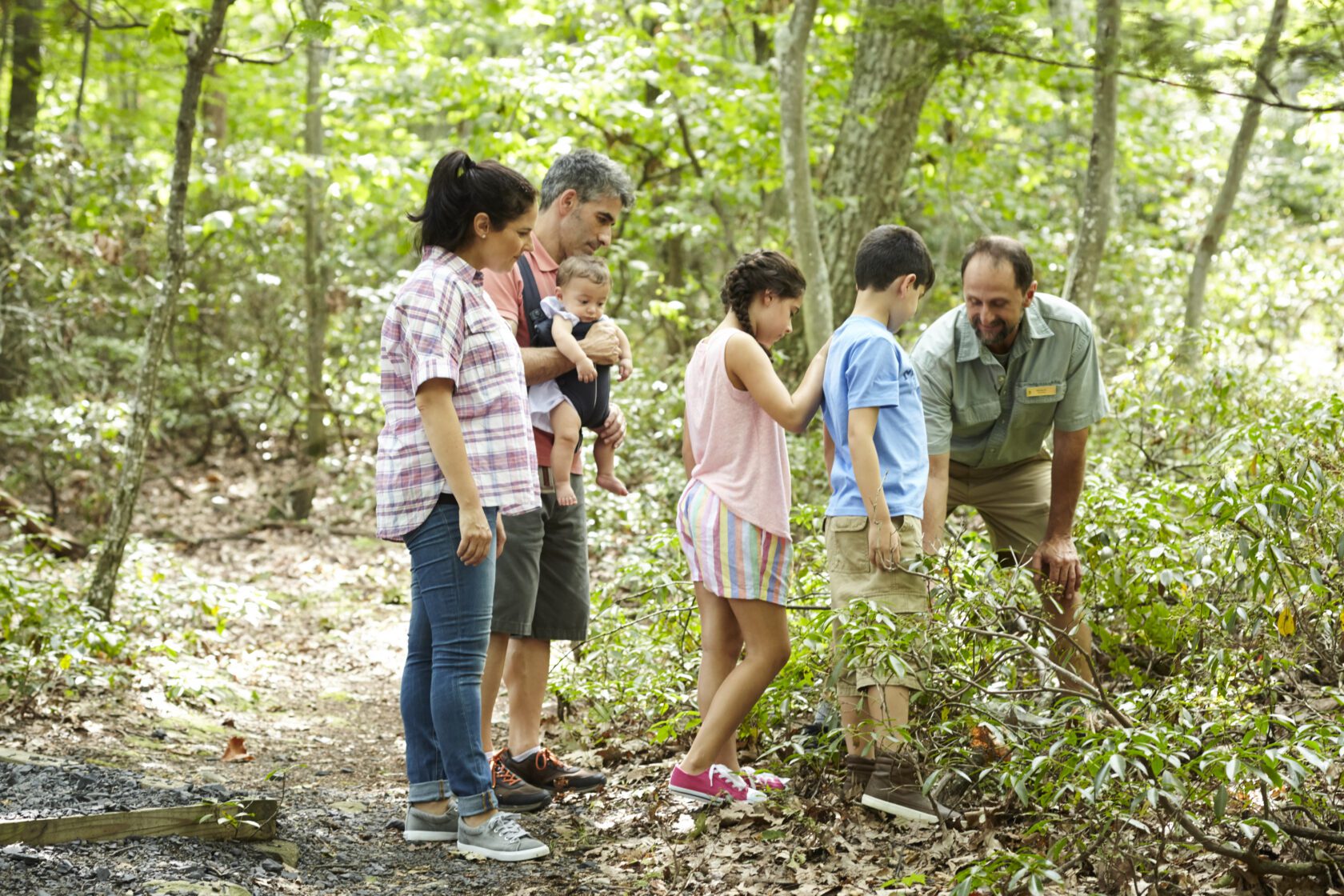
The Building Blocks of Fairy Gardens: Ferns, Mosses, and Lichens
7:30am
On this walk around Lake Mohonk, we will observe those members of the plant and fungus kingdoms that are underappreciated and seldom observed: ferns, mosses, and lichens. When observed closely, there is a whole world that can be discovered. Learn how these simple plants and fungus are important to the ecosystem and discover a new world right below your feet! 1-2 Miles. Moderate pace.
Availability is limited. For reservations, please call .
PROGRAM LEADERS
